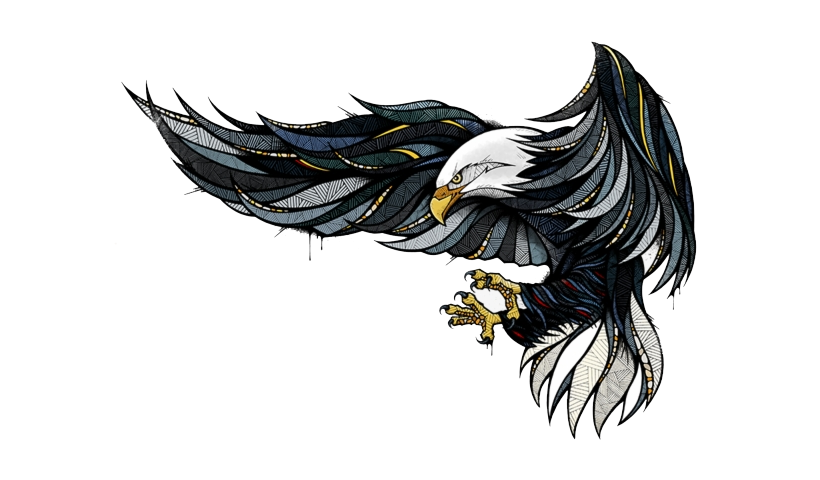Flying is one of the safest forms of transport. But what happens when tragedy strikes? From human error and accidents to mechanical faults and design flaws, the success of aviation history is punctuated with disaster and catastrophe. It's rare, but it does happen. Follow experts as they determine what went wrong and work out how to prevent these horrific tragedies from happening again. Examine the wrecks and official records, and hear from eyewitnesses, passengers and aviation experts as we reconstruct some of the most tragic disasters in aviation history. Air Crash Investigation looks at what went wrong and how future disasters can be averted.
What Is Tested?
Adam Savage's Tested is a content platform and community playground for makers and curious minds. On Tested.com, the highly- engaged Tested YouTube channel, and at conventions and events, dynamic makers share ideas and inspire each other to build their obsessions. Led by Adam Savage, the Tested team explores the intersection of science, popular culture, and emerging technology, showing how we are all makers. Adam also takes viewers behind the scenes of films, TV shows, theater, and museums, shining a spotlight on the craftspeople and artists who make the magic we all enjoy.
I Want You To Test Something Specific!
If you make things you think Tested viewers would be interested in, send us an email describing the product. Let us know exactly what it does, who it's for, and why you think we'd be interested. If you have an idea for a project that you'd like us to build or test, send a pitch over! We're always eager to hear interesting geeky stories, learn about makers' projects, and find new places to visit. Drop us a line and share your stories at tips@tested.com.
Want To Send Something To Tested?
Our shipping address:
Tested Mailbag
2261 Market St #377
San Francisco, CA 94114
(Note: Due to mail volume, we cannot confirm receipt of items.)
Animal Planet is an American multinational pay television channel owned by Discovery, Inc. First established on October 1, 1996, the network is primarily devoted to series and documentaries about wild animals and domestic pets.
Sir William Connolly CBE (born 24 November 1942) is a Scottish artist, musician, presenter, actor, and retired stand-up comedian. He is sometimes known, especially in his homeland, by the Scots nickname The Big Yin ("The Big One"). Known for his idiosyncratic and often improvised observational comedy, frequently including profanity, Connolly is regarded as one of the greatest and most influential stand-up comedians of all time, having topped many polls conducted in the United Kingdom.
Connolly's trade, in the early 1960s, was that of a welder (specifically a boilermaker) in the Glasgow shipyards, but he gave it up towards the end of the decade to pursue a career as a folk singer. He first sang in the folk rock band The Humblebums with Gerry Rafferty and Tam Harvey, with whom he stayed until 1974, before beginning singing as a solo artist. In the early 1970s, Connolly made the transition from folk singer with a comedic persona to fully-fledged comedian, for which he is now best known. In 1972, he made his theatrical debut, at the Cottage Theatre in Cumbernauld, with a revue called Connolly's Glasgow Flourish. He also played the Edinburgh Festival Fringe. In 1972, Connolly's first solo album, Billy Connolly Live!, was produced, with a mixture of comedic songs and short monologues.
As an actor, Connolly has appeared in such films as Indecent Proposal (1993), Pocahontas (1995), Muppet Treasure Island (1996), Mrs Brown (1997) (for which he was nominated for the BAFTA Award for Best Actor in a Leading Role), The Boondock Saints (1999), The Last Samurai (2003), Lemony Snicket's A Series of Unfortunate Events (2004), The X-Files: I Want to Believe (2008), Brave (2012), and The Hobbit: The Battle of the Five Armies (2014). On his 75th birthday in 2017, three portraits of Connolly were made by leading artists Jack Vettriano, John Byrne, and Rachel Maclean. These were later turned into part of Glasgow's official mural trail. In October that year, he was knighted at Buckingham Palace by Prince William, for services to entertainment and charity.
Connolly announced his retirement from comedy in 2018, and in recent years he has established himself as an artist. In 2020, he unveiled the fifth release from his Born On A Rainy Day collection in London, followed by another instalment later that year. During the filming of the ITV documentary Billy Connolly: It's Been a Pleasure, he described how art had given him "a new lease of life".
Here you can visit and learn about different destinations around the world from the comfort of your loung room.
Blumenthal's public profile has been increased by a number of television series, most notably for Channel 4, as well as a product range for the Waitrose supermarket chain which was introduced in 2010. He is the proprietor of The Fat Duck in Bray, Berkshire, a three Michelin star restaurant which is widely regarded as one of the best in the world. Blumenthal also owns Dinner, a two Michelin star restaurant in London, and two pubs in Bray; The Hinds Head, with one Michelin star, and The Crown.
The general format of each episode is the premise that Grylls is left stranded in a region with his film crew. The episode documents his efforts to survive and find a way back to civilization, usually requiring an overnight shelter of some kind. There are mostly wild terrains – jungles, forests, or similar non-urban areas. But in special episodes, like that in Shipyard Gdynia, there are industry areas located in cities. Grylls also tells about successful and failed survivals in the particular area which he is in.
Each episode takes about 7-10 days to shoot. Before each show the crew does about a week of reconnaissance, followed by Grylls doing a flyover of the terrain. Grylls then undergoes two days of intensive survival briefings, followed by a cameraman and a sound engineer. The directors oversee location filming and the final edit of each program. Grylls is specifically credited as "Presenter" to highlight his role in presenting survival techniques to the viewer.
Miami Ink is an American reality show on TLC that follows the events that took place at a tattoo shop in Miami Beach, Florida. The show premiered in July 2005 and finished broadcasting its sixth and final season in 2008. The show led to several spin-offs, including the shows LA Ink, London Ink, NY Ink, and Madrid Ink, most of which were also broadcast on TLC.
MythBusters is an Australian-American science entertainment television program created by Peter Rees and produced by Australia's Beyond Television Productions. The series premiered on the Discovery Channel on January 23, 2003. It was broadcast internationally by many television networks, including SBS Australia (first-run episodes, with repeat episodes shown on 7mate Australia), and other Discovery channels worldwide. The show's original hosts, special effects experts Adam Savage and Jamie Hyneman, used elements of the scientific method to test the validity of rumors, myths, movie scenes, adages, Internet videos, and news stories. The show was one of the most popular on Discovery Channel, being preceded only by How It's Made and Daily Planet, both in Canada.
Filmed in San Francisco and edited in Artarmon, New South Wales, MythBusters aired 282 total episodes before its cancellation at the end of the 2016 season in March. Planning and some experimentation took place at Hyneman's workshops in San Francisco; experiments requiring more space or special accommodations were filmed on location, typically around the San Francisco Bay Area and other locations in northern California, going to other states or even countries on occasion when required.
During the second season, members of Savage's and Hyneman's behind-the-scenes team were organized into a second team of MythBusters ("The Build Team"). They generally tested myths separately from the main duo and operated from another workshop. This arrangement continued until August 2014, when it was announced at the end of "Plane Boarding" that Tory Belleci, Kari Byron, and Grant Imahara would be leaving the show. Savage and Hyneman subsequently hosted the final two seasons alone. On October 21, 2015, it was announced that MythBusters would air its 14th and final season in 2016. The show aired its final episode with the original cast on March 6, 2016.
On November 15, 2017, sister network Science Channel revived the series with the new hosts Jon Lung and Brian Louden, who were selected via the competition spin-off MythBusters: The Search. It is now filmed in Santa Clarita and on location in other parts of southern California.
MythBusters refers to both the name of the program and the cast members who test the experiments.
A documentary series about the rebuilding of the World Trade Center site in New York City.
On 30 November 2012, The LifeStyle Channel announced they had commissioned a local adaption of English franchise River Cottage. This marked the first time the series had been adapted internationally. The series saw English host Hugh Fearnley-Whittingstall travel to Australia to search for an Australian host and mentor them. The series was set to begin production in early 2013. On 25 March 2013 it was announced the host would be Tasmanian chef Paul West and the River Cottage would be located in Central Tilba, New South Wales. The first season, consisting of 8 episodes, premiered on 27 June 2013 and was a co-production between ITV Studios Australia and Keo Films.
On 16 August 2013, The LifeStyle Channel renewed the series for an additional two seasons. However, unlike season one which was a co-production between ITV Studios Australia and Keo Films, the new seasons would solely be produced by Keo Films.
The second season premiered on 1 May 2014.
In April 2015, it was announced the third season, consisting of 8 episodes, would premiere on 26 May 2015. However, unlike previous seasons, the series would premiere on The LifeStyle Channel's sister network LifeStyle Food.
On 5 November 2015, it was announced the series had been renewed for a fourth season, which premiered on 29 March 2016.
It was confirmed in January 2017 that the program had been cancelled. In June 2017, the 22 acre property featured in the show was sold with West and his family relocating to Newcastle.
Travel into the world of 'living archaeology'; a place where state-of-the-art technology and old-fashioned detective work blend to create a new kind of investigative science. Forensic scientists, archeologists and medical investigators dig, sift and toil to unearth long hidden clues to some of the most compelling mysteries of modern times. Together, they work to solve age old mysteries, travel into the poast, and explore dark secrets that continue to lurk and haunt us today.
The swimsuit issue was invented by Sports Illustrated editor Andre Laguerre to fill the winter months, a typically slow point in the sporting calendar. He asked fashion reporter Jule Campbell to go on a shoot to fill space, including the cover, with a beautiful model. The first issue, released in 1964, entailed a cover featuring Babette March and a five-page layout. Campbell soon became a powerful figure in modeling and molded the issue into a media phenomenon by featuring "bigger and healthier" California women and printing the names of the models with their photos, beginning a new supermodel era. In the 1950s, a few women appeared on the cover of Sports Illustrated, but the 1964 issue is considered to be the beginning of the current format known as the Swimsuit Issue. The issue that got the most letters was the 1978 edition. In 1997, Tyra Banks was the first black woman on the cover. Since 1997, the swimsuit issue has been a stand-alone edition, separate from the regular weekly magazine. Its best selling issue was the 25th Anniversary Issue with Kathy Ireland on the cover in 1989.
Through the years, many models, such as Cheryl Tiegs, Christie Brinkley, Paulina Porizkova, Elle Macpherson, Rachel Hunter, Rebecca Romijn, Petra Nemcova, Valeria Mazza, Heidi Klum, Tyra Banks, Marisa Miller, Irina Shayk, and Camille Kostek have been featured on the cover. Other models within its pages, but not on its cover, include Cindy Crawford, Stephanie Seymour, Niki Taylor, Angie Everhart, and Naomi Campbell. The eight models featured on the cover of the 2006 issue were featured in a coffee-table book called Sports Illustrated: Exposure. Photographed by Raphael Mazzucco and produced by Diane Smith, the unprecedented "reunion shoot" featured 139 pages of previously-unpublished images. In 2006, the issue expanded publishing to handheld devices. In 2007, the swimsuit issue first became available in China.
Valentina Sampaio became the swimsuit issue's first openly transgender model in 2020.
Troy Landry's wild chase to help save America from hostile, menacing and often mysterious creatures.
Alligator season in Louisiana begins on the first Wednesday in September and lasts for 30 days. In this time, many of the alligator hunters, following a tradition dating back about 300 years, earn most of their yearly income in a high risk vocation dependent on experience and the whims of weather within strict regulation by wildlife laws. Hunters are each issued a certain number of tags that must be attached to their kills; once they "tag out" (run out of tags), their season is over, and they may no longer kill any more alligators for the rest of the season. During this 30-day window, some of these hunters earn most of their annual income culling alligators; therefore, the ultimate goal for the alligator hunters is to tag out before the season ends. Most of the hunters spend the rest of the year harvesting other species (fish, crawfish, shrimp, crabs, raccoons, turtles, etc.) to augment their yearly incomes and/or holding down full-time jobs in other industries.
Each season, the series focuses on various teams of alligator hunters. Some episodes also feature other aspects of the social and sporting life of the swamp, including fishing and hunting for other animals.
Beginning with the fourth season, the program expanded to venues outside the Atchafalaya River Basin, featuring gator hunting crews in other parts of Louisiana, as well as the swamplands of Texas.
The Crocodile Hunter is a wildlife documentary television series that was hosted by Steve Irwin and his wife, Terri. The show became a popular franchise due to Irwin's unconventional approach to wildlife. It spawned a number of separate projects, including the feature film The Crocodile Hunter: Collision Course and two television spinoffs: Croc Files and The Crocodile Hunter Diaries. The series was presented on Animal Planet, becoming the network's highest-rated series at the time, and was in international syndication on networks worldwide. The series aired 64 episodes during five seasons, from 1997 through 2004, with a pilot episode in 1996 and 13 specials into 2007; with a nearly 11-year run, the series is the second longest-running program of any Discovery Communications network, behind MythBusters.
The Science Channel has been highlighting what VP of Production Bernadette McDaid calls the "Rock Stars of Science" and physics outreach such as Michio Kaku and Brian Cox. "We wanted to merge our 'Rock Stars of Science' ... with the superstars of pop culture." When Science general manager Deborah Myers heard that Morgan Freeman was very interested in things to do with the universe and space and "asks the big philosophical questions", she approached Freeman and his producer and proposed making a series together.
On February 17, 2011, Sean Carroll confirmed on his Twitter page that filming of season 2 of Through the Wormhole began. On May 17, 2011, Discovery confirmed the second season would premiere on Science on June 8, 2011. An episode from the second season was supposed to air on July 13, 2011, but went unaired. It was later released on the season 2 DVD on November 22, 2011 as the sixth episode.
On January 3, 2012, Sean Carroll posted a picture on his Twitter page, mentioning that it was taken during the taping of season 3. Season 3 began with a special episode on March 6, 2012, and the remaining nine episodes began airing on June 6, 2012.
Season 4 of Through the Wormhole began with a special episode on March 20, 2013, and the remaining nine episodes began airing on June 5, 2013.
On October 9, 2013, the Science Channel began airing enhanced episodes of the show under the title Beyond the Wormhole with Morgan Freeman.
Season 5 of Through the Wormhole began with a special episode on March 5, 2014, and the remaining nine episodes began airing on June 4, 2014.
On March 10, 2014, series producer Anthony Lund stated in an interview with the Los Angeles Post-Examiner that "Wormhole season 6 is a GO, and I'm dreaming of new, thought provoking ideas to explore with this show."
Season 6 of Through the Wormhole premiered on April 29, 2015. Season 6 consists of six episodes, unlike the previous seasons, which all have ten (except season 1, which has 8 episodes).
On March 31, 2016, Science Channel announced it would return for a seventh season, which premiered on August 30, 2016. The eighth and final season premiered on April 25, 2017.
David Attenborough narrates the lives of four growing tiger cubs using footage collected by hidden-camera-carrying elephants. Over two years, the elephants help capture the most intimate portrayal of tigers ever filmed.
Time Team is a British television programme that originally aired on Channel 4 from 16 January 1994 to 7 September 2014. Created by television producer Tim Taylor and presented by actor Tony Robinson, each episode featured a team of specialists carrying out an archaeological dig over a period of three days, with Robinson explaining the process in lay terms. The specialists changed throughout the programme's run, although it consistently included professional archaeologists such as Mick Aston, Carenza Lewis, Francis Pryor and Phil Harding. The sites excavated ranged in date from the Palaeolithic to the Second World War.
In October 2012, Channel 4 announced that the final series would be broadcast in 2013. Series 20 was screened from January - March 2013 and nine specials were screened between May 2013 and September 2014.
Documentary series revealing unknown facts, interviews, witness testimonies and archive materials covering the most notorious crimes and incidents in the American history.
White Rabbit Project is a Netflix series starring Kari Byron, Tory Belleci, and Grant Imahara, the build team from MythBusters, that was released on December 9, 2016. According to the official synopsis, the team investigates topics such as "jailbreaks, superpower technology, heists, and crazy World War II weapons", which they will explore through experiments, builds, and tests. The series was cancelled by Netflix after one season.
The worst-case scenario is "[o]ne of the most commonly used alternative scenarios". A risk manager may request "a conservative risk estimate representing a worst-case scenario" in order to determine the latitude they may exercise in planning steps to reduce risks. Generally, a worst-case scenario "is settled upon by agreeing that a given worst case is bad enough. However, it is important to recognize that no worst-case scenario is truly without potential nasty surprises". In other words, '[a] "worst-case scenario" is never the worst case', both because situations may arise that no planner could reasonably foresee, and because a given worst-case scenario is likely to consider only contingencies expected to arise in connection with a particular disaster. The worst-case scenario devised by a seismologist might be a particularly bad earthquake, and the worst-case scenario devised by a meteorologist might be a particularly bad hurricane, but it is unlikely that either of them will devise a scenario where a particularly bad storm occurs at the same time as a particularly bad earthquake.
The definition of a worst-case scenario varies by the field to which it is being applied. For example, in environmental engineering", "[a] worst-case scenario is defined as the release of the largest quantity of a regulated substance from a single vessel or process line failure that results in the greatest distance to an endpoint". In this field, "[a]s in other fields, the worst-case scenario is a useful device when low probability events may result in a catastrophe that must be avoided even at great cost, but in most health risk assessments, a worst-case scenario is essentially a type of bounding estimate". In computer science, the best, worst, and average case of a given algorithm express what the resource usage is at least, at most and on average, respectively. For many individuals, a worst case scenario is one that would result in their own death.




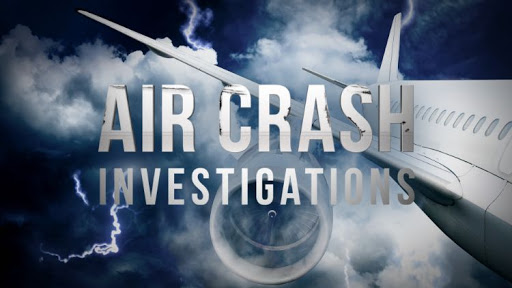
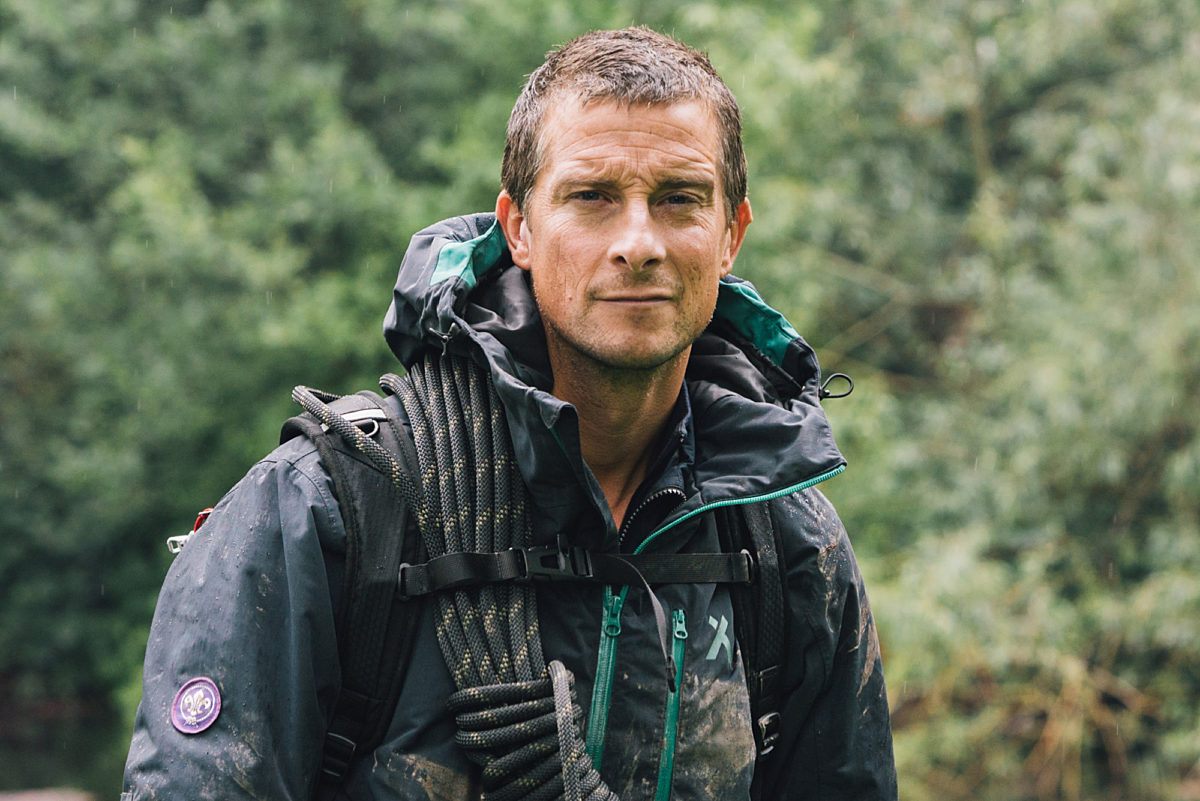
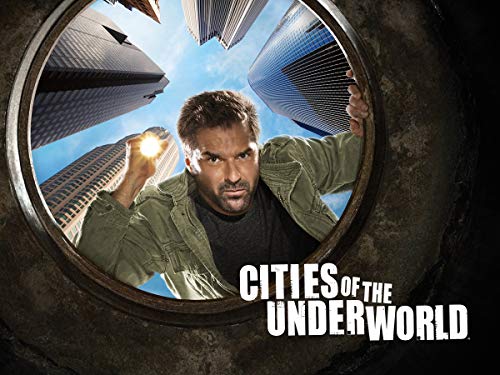


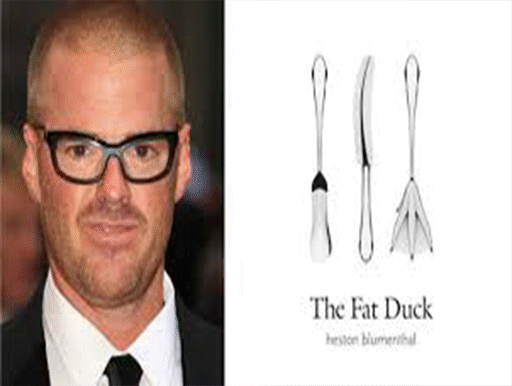
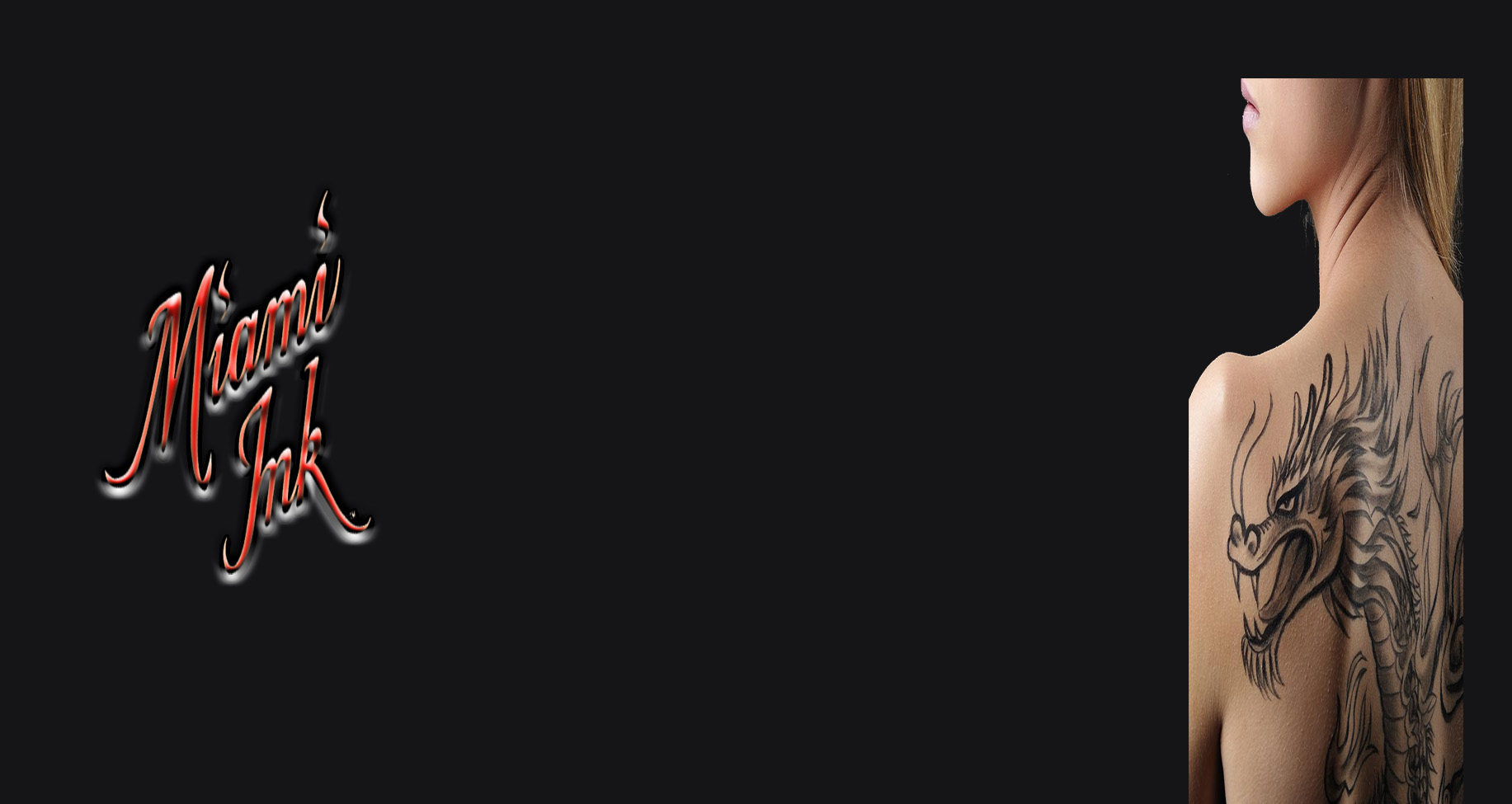
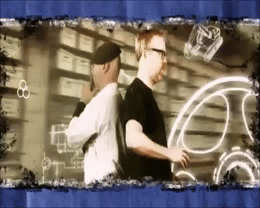

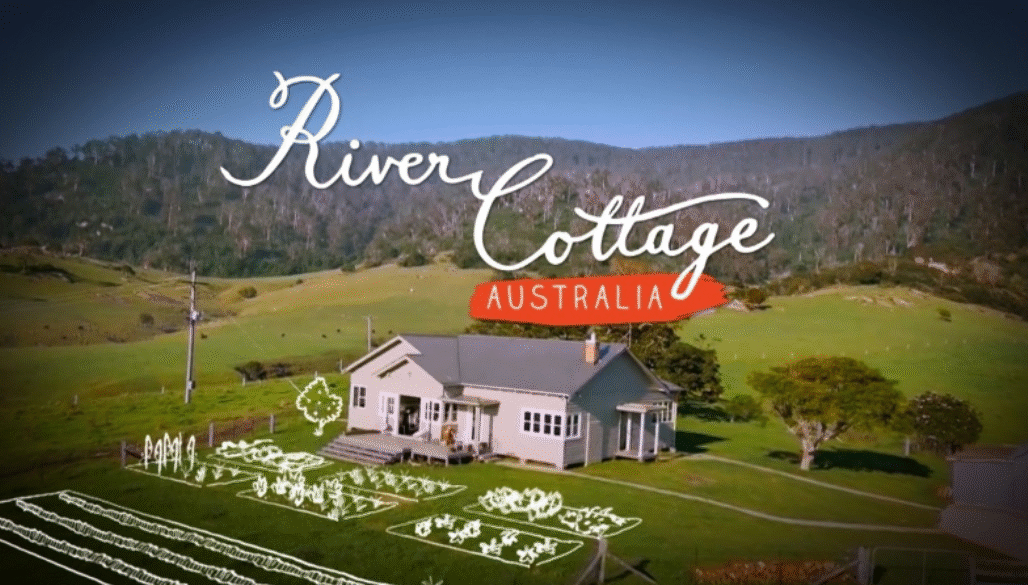
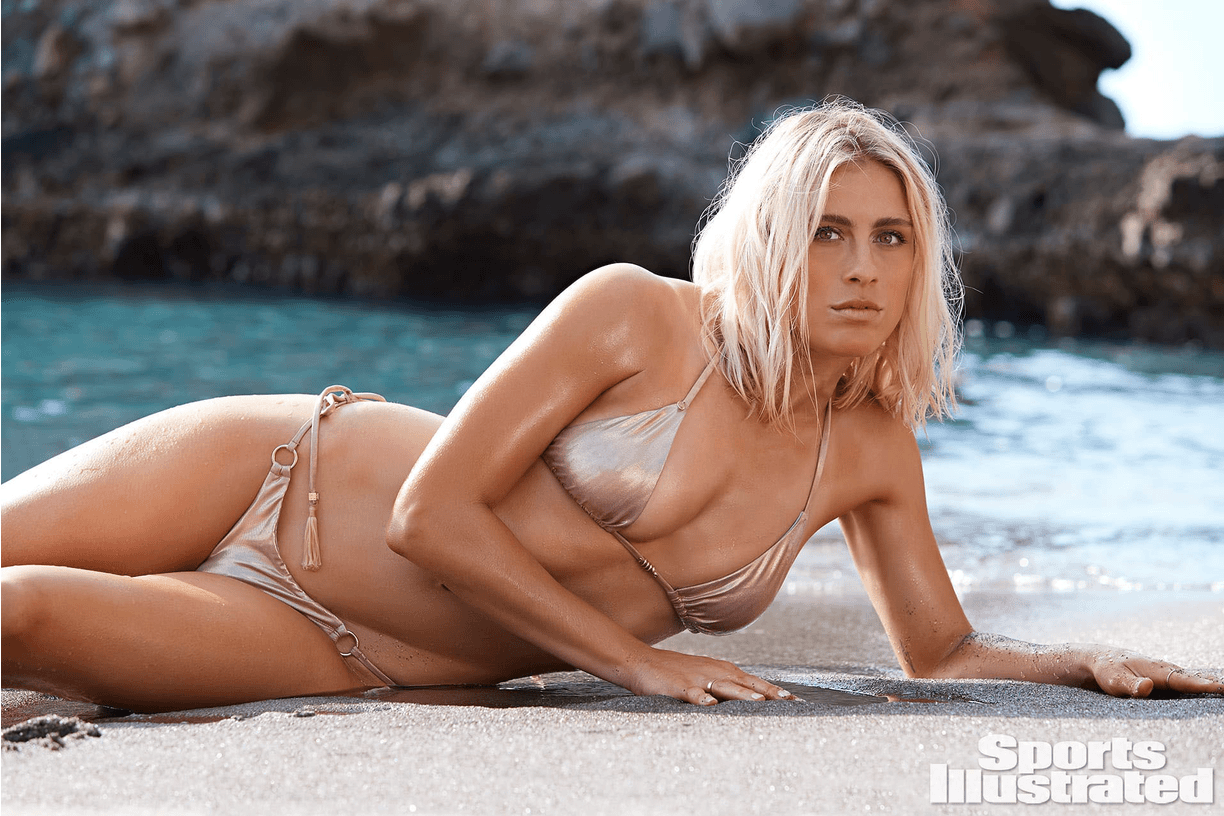
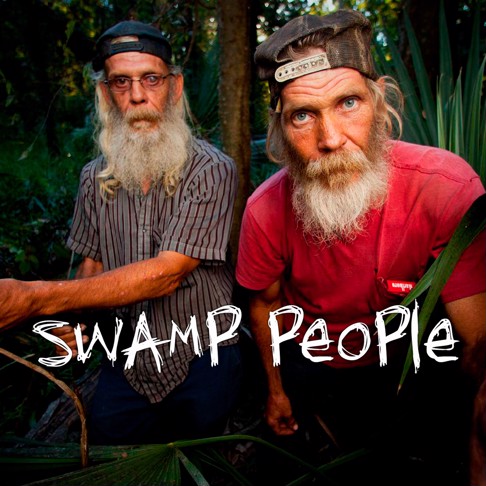
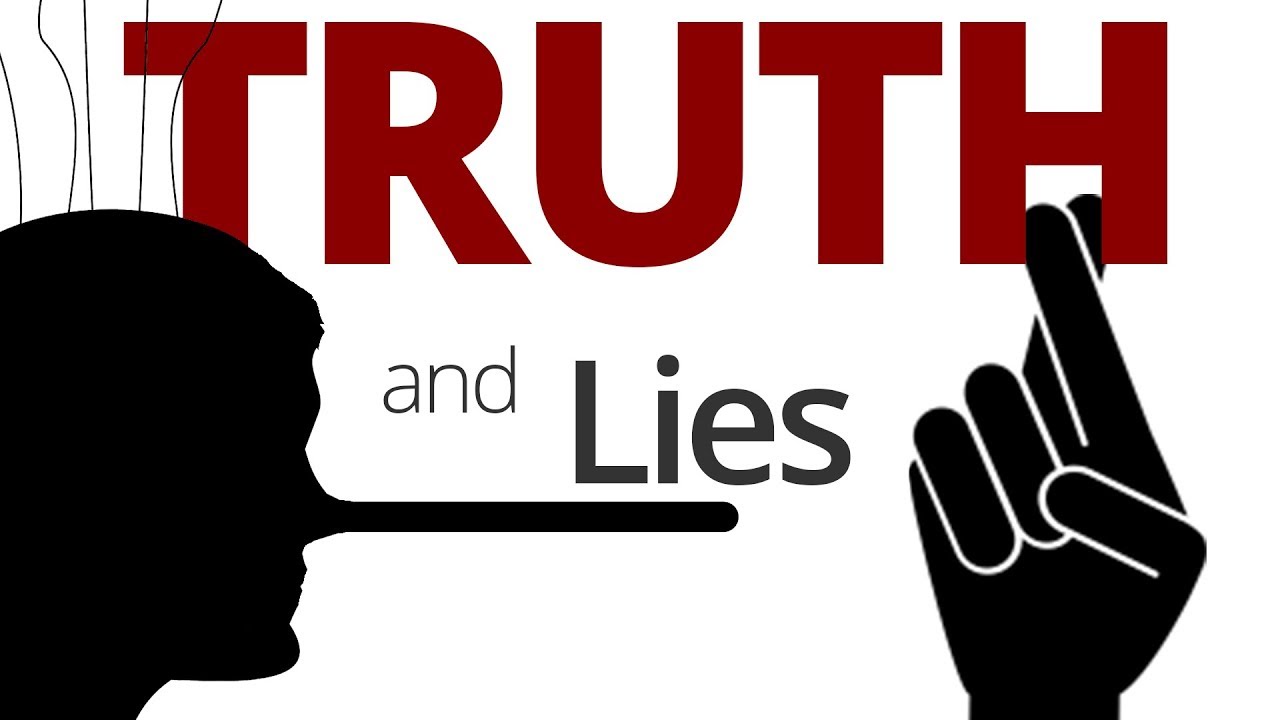
 Eagle Designs © 2012 - All rights reserved™
Eagle Designs © 2012 - All rights reserved™